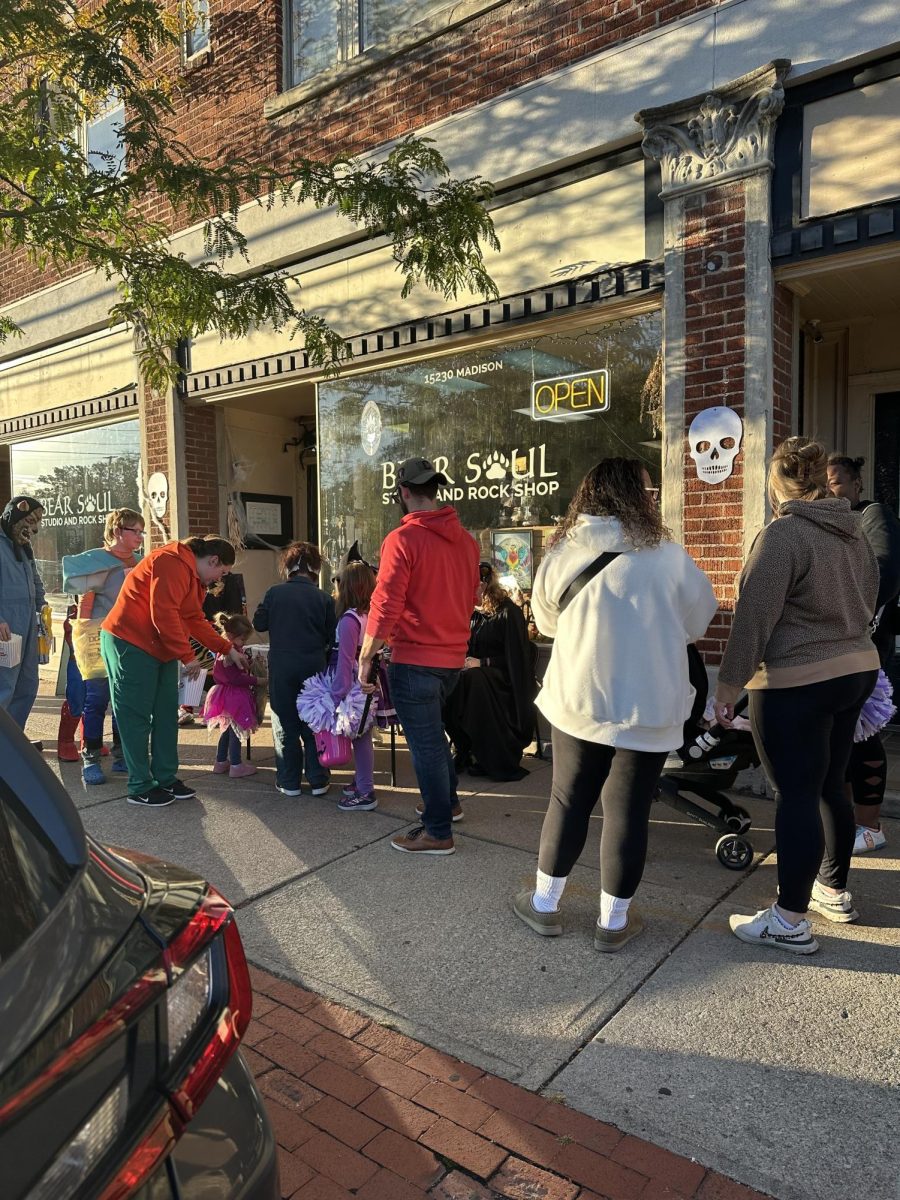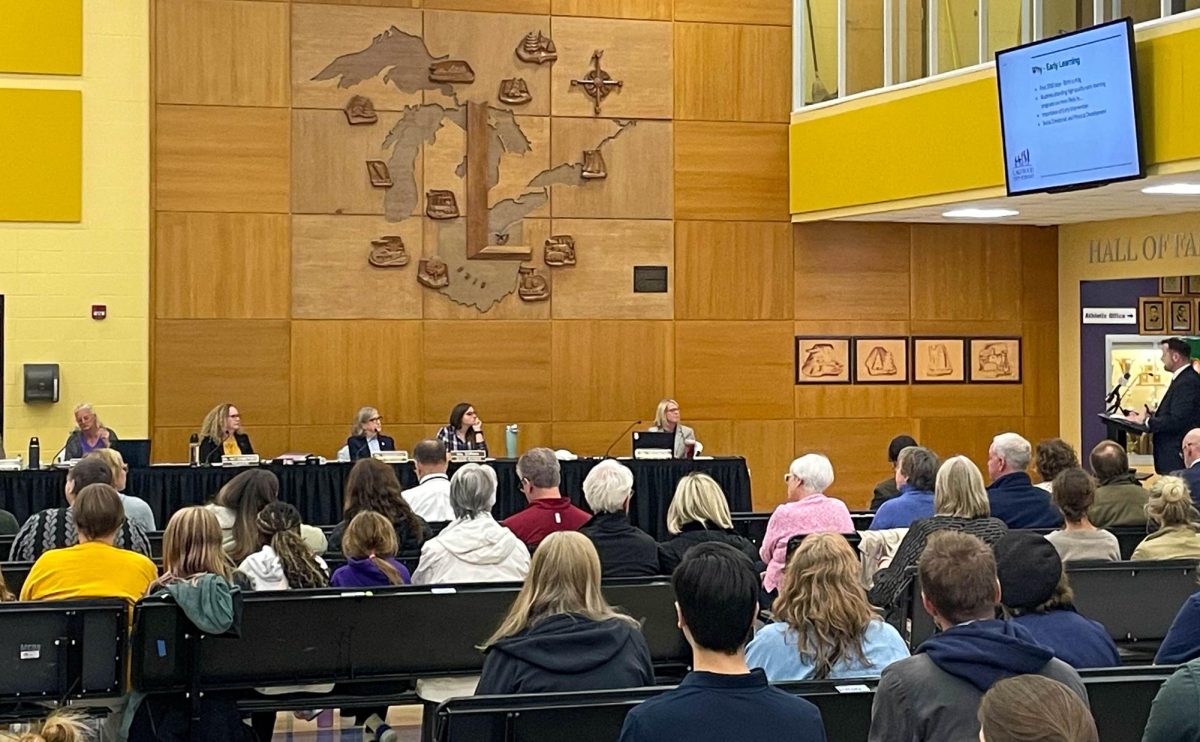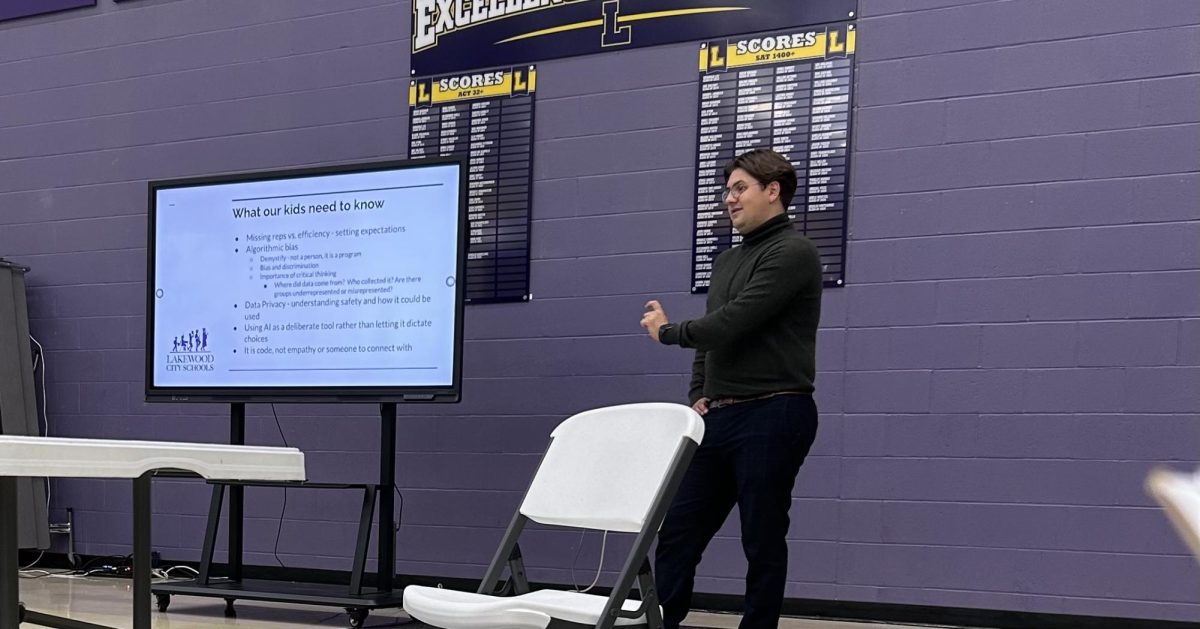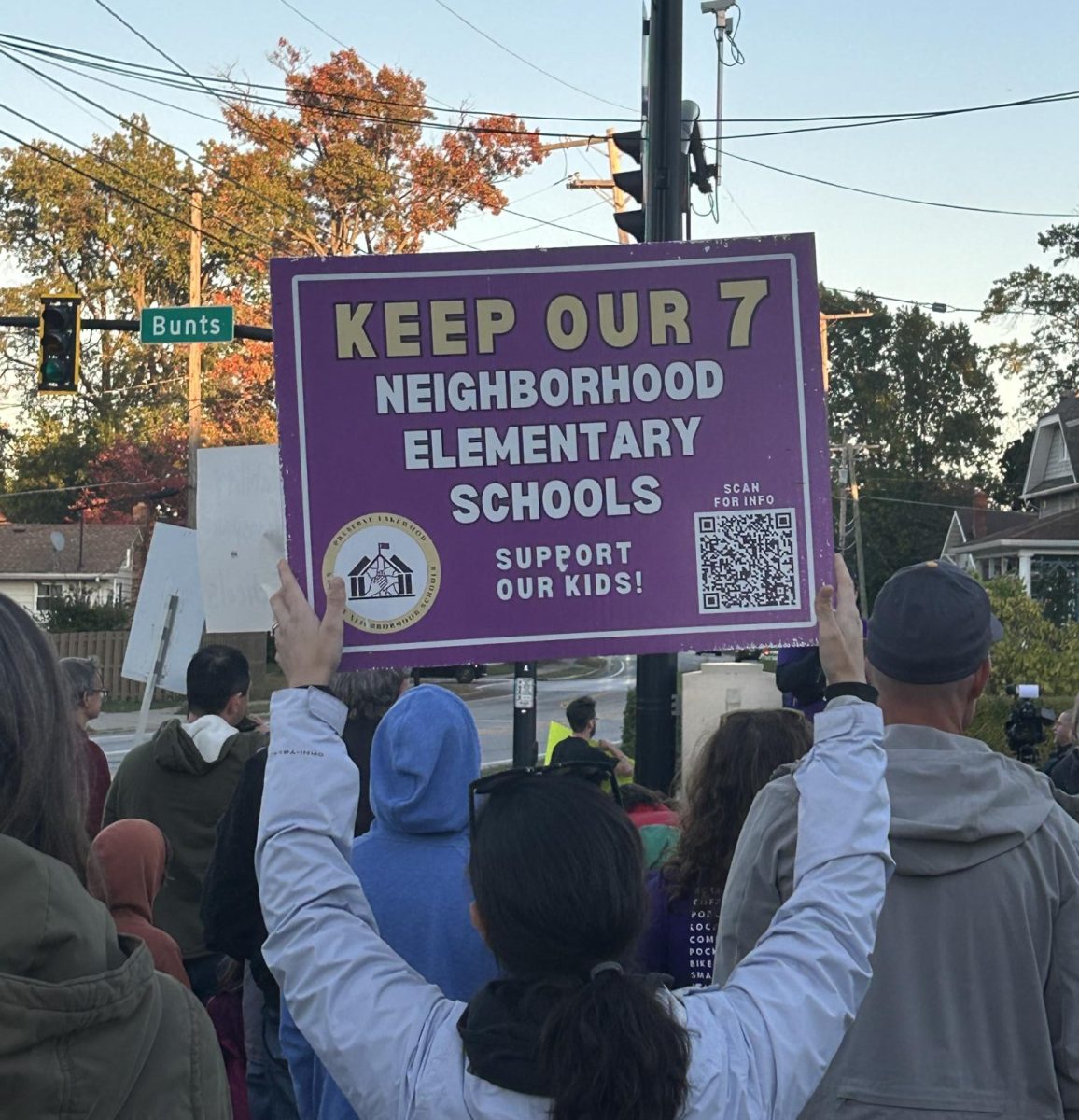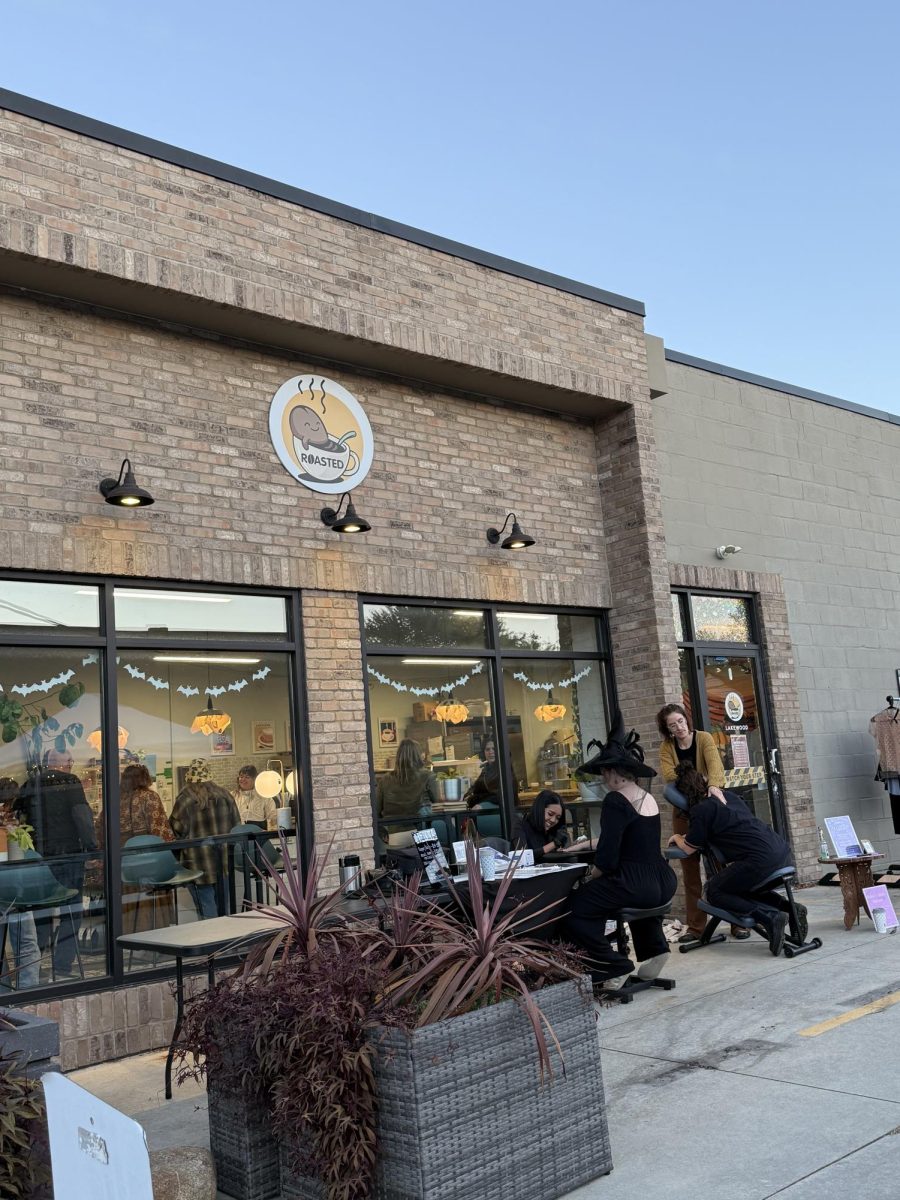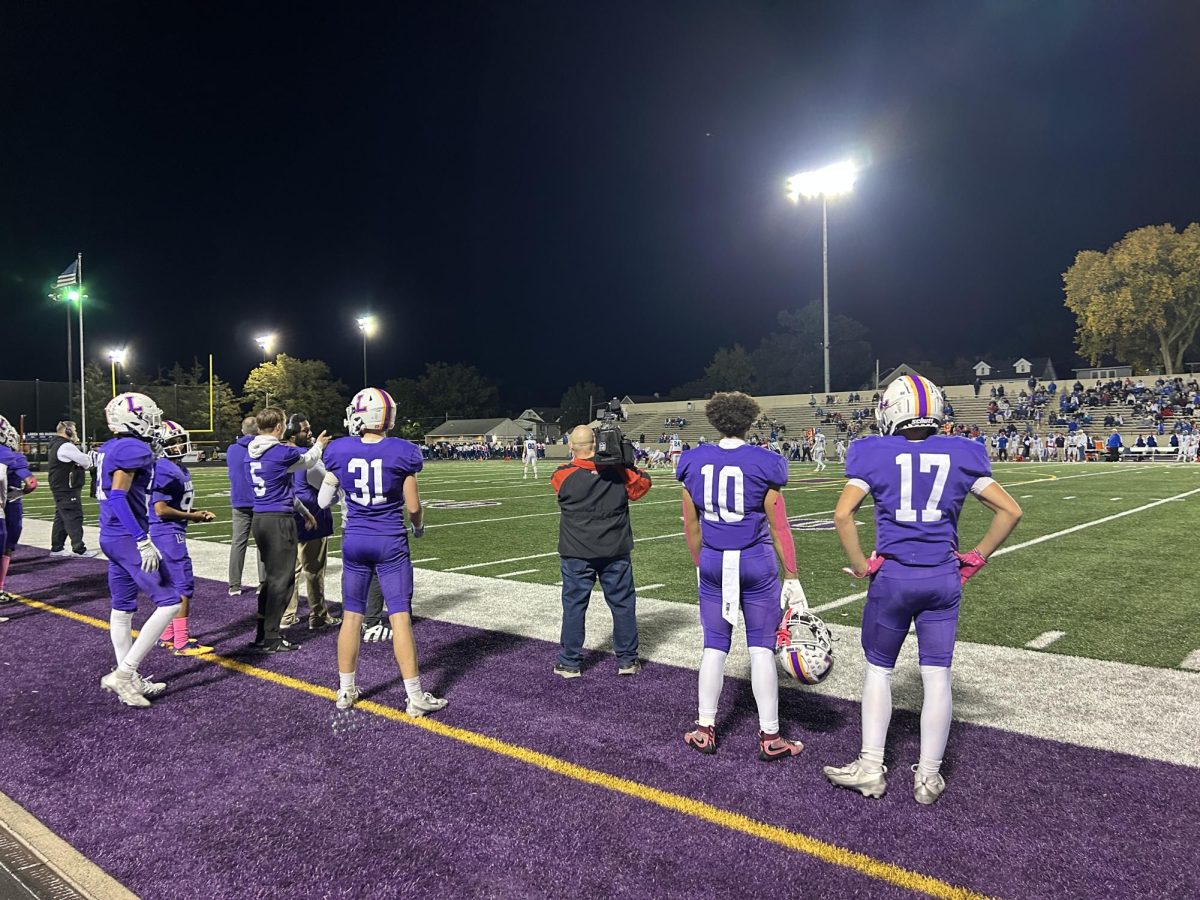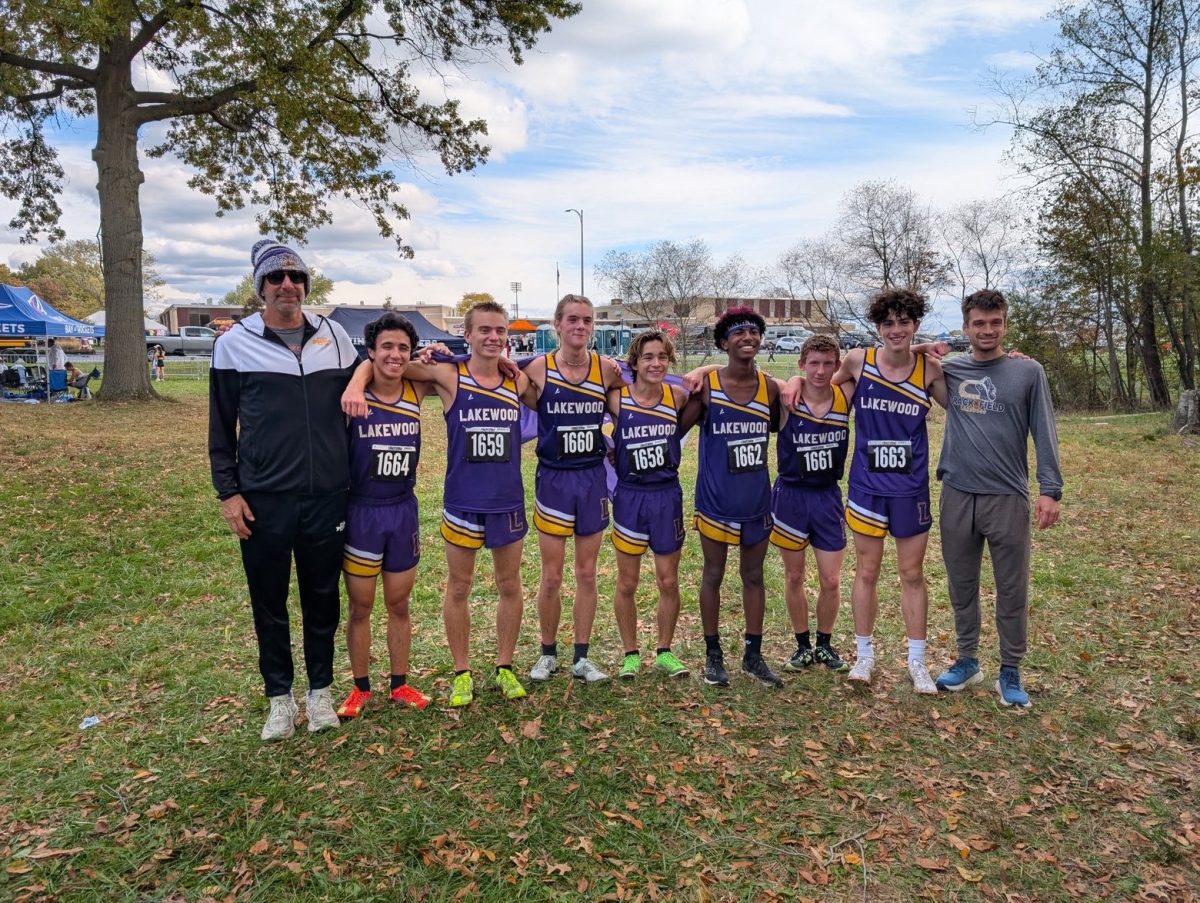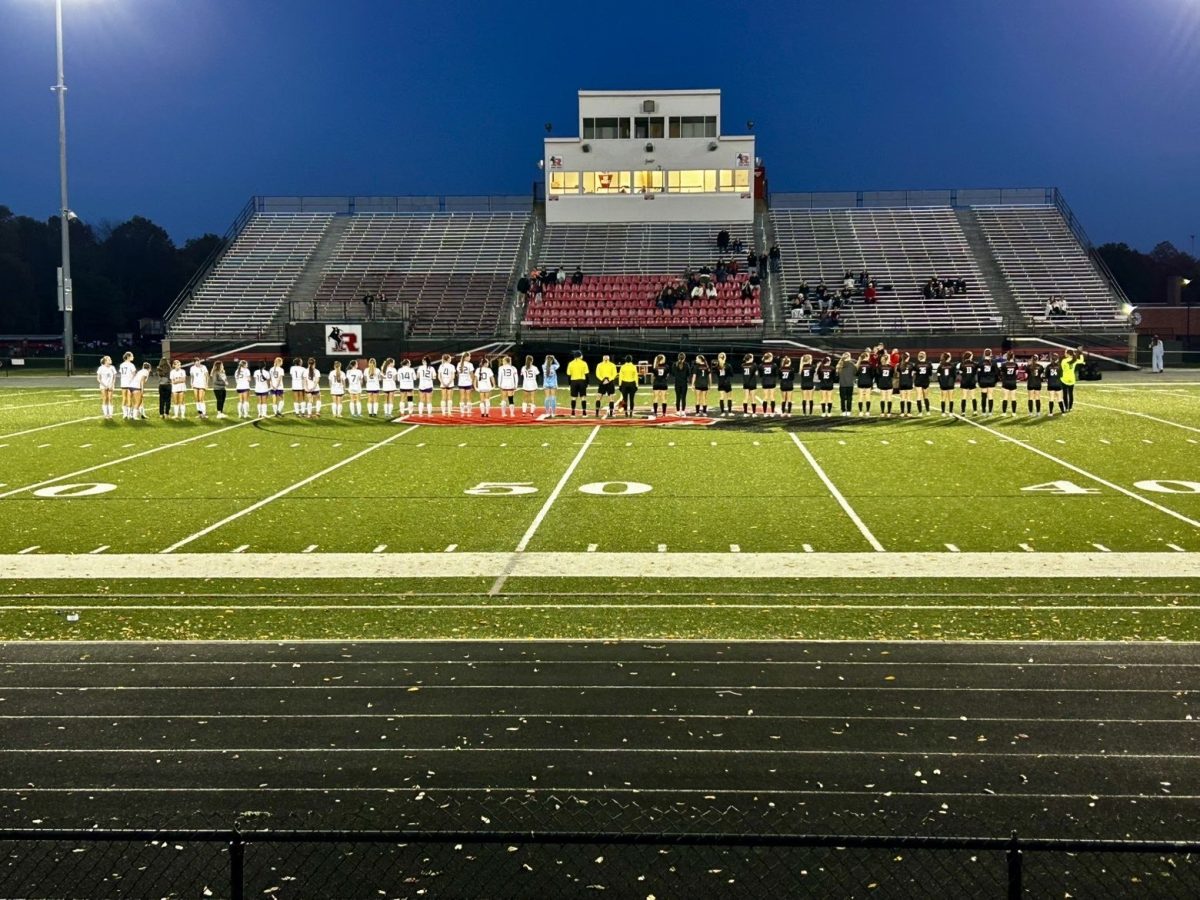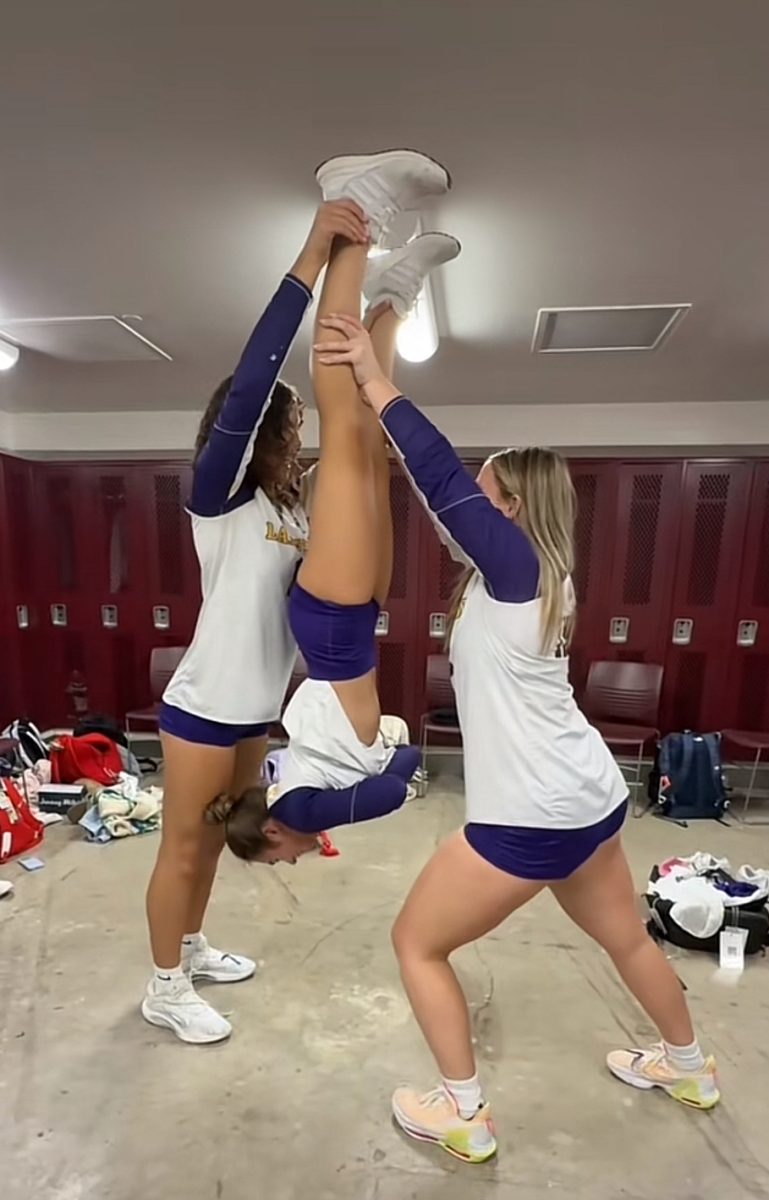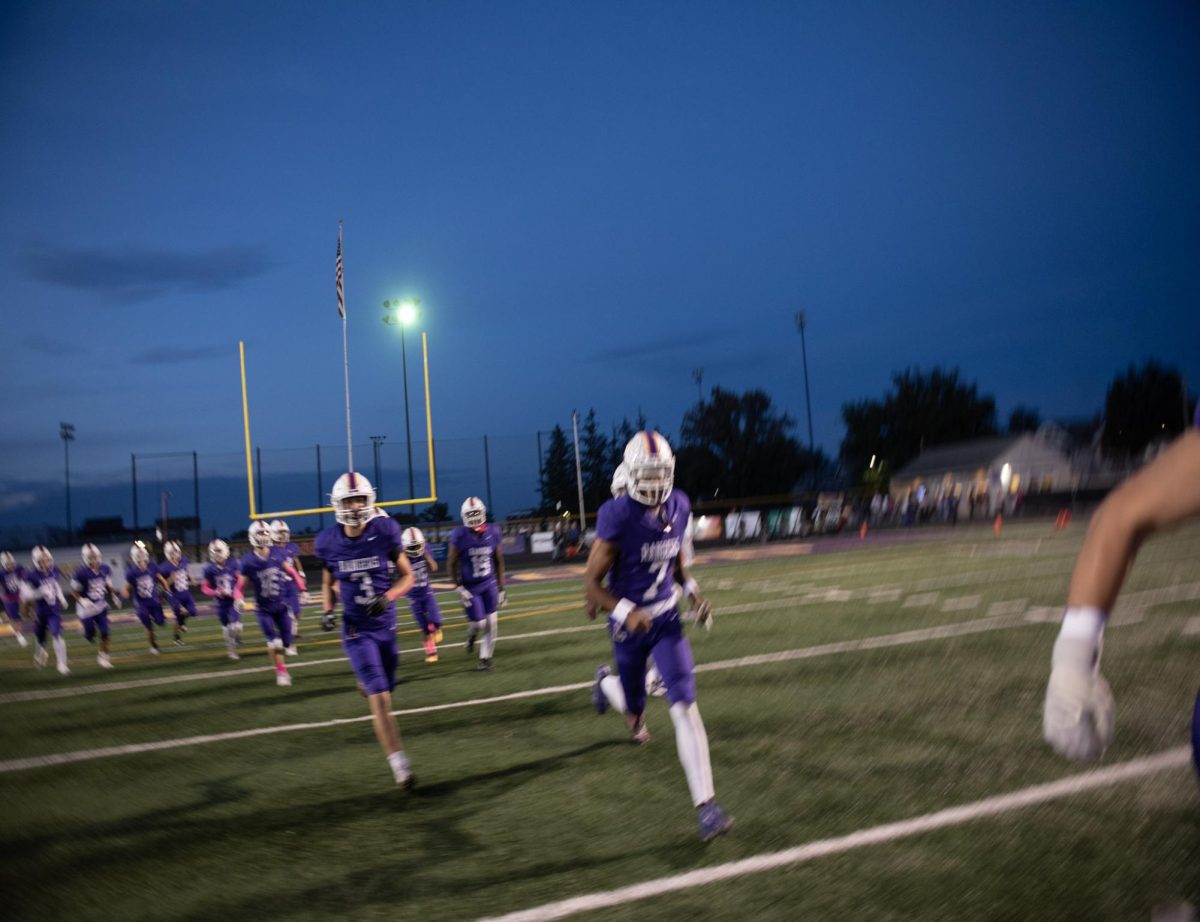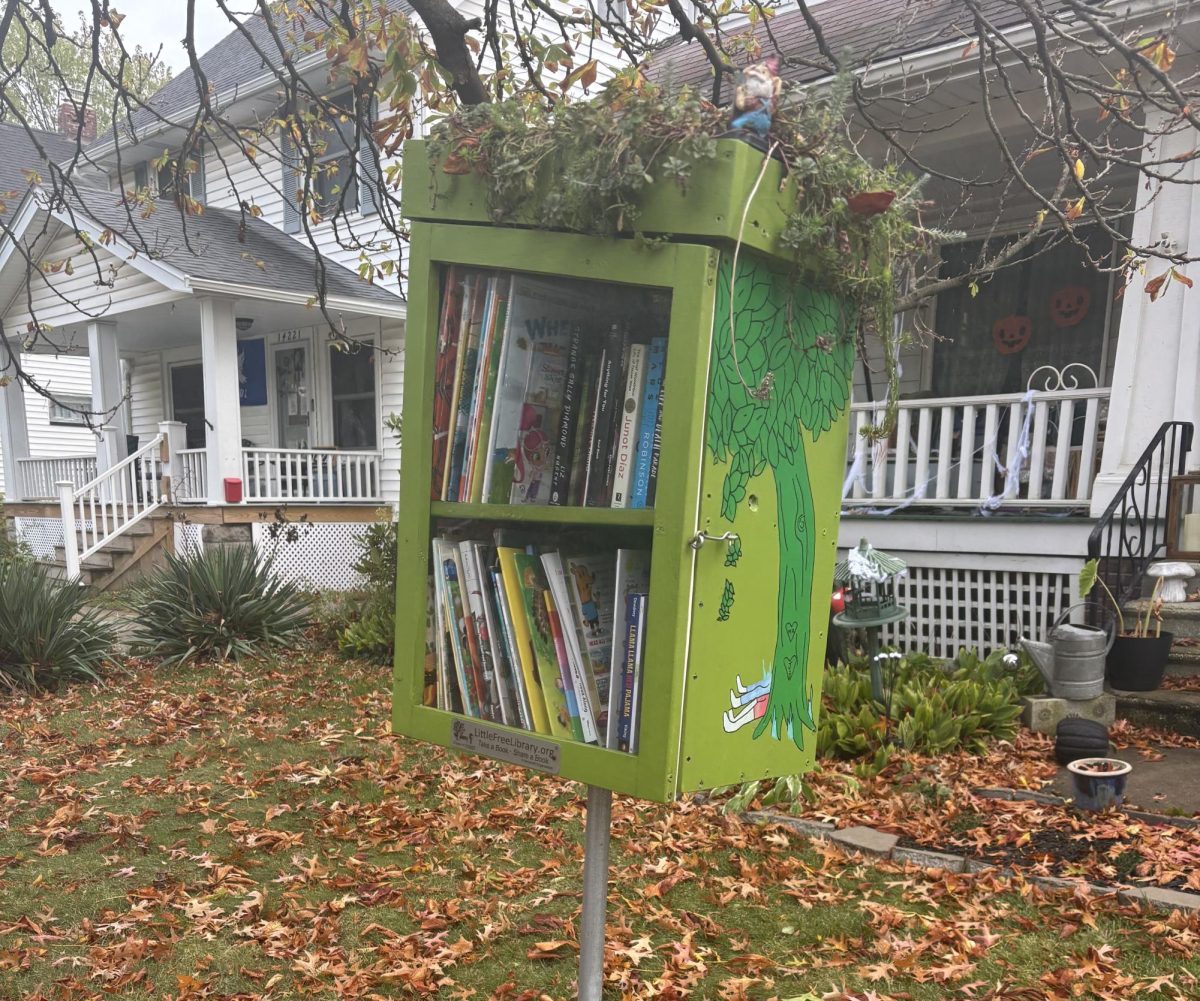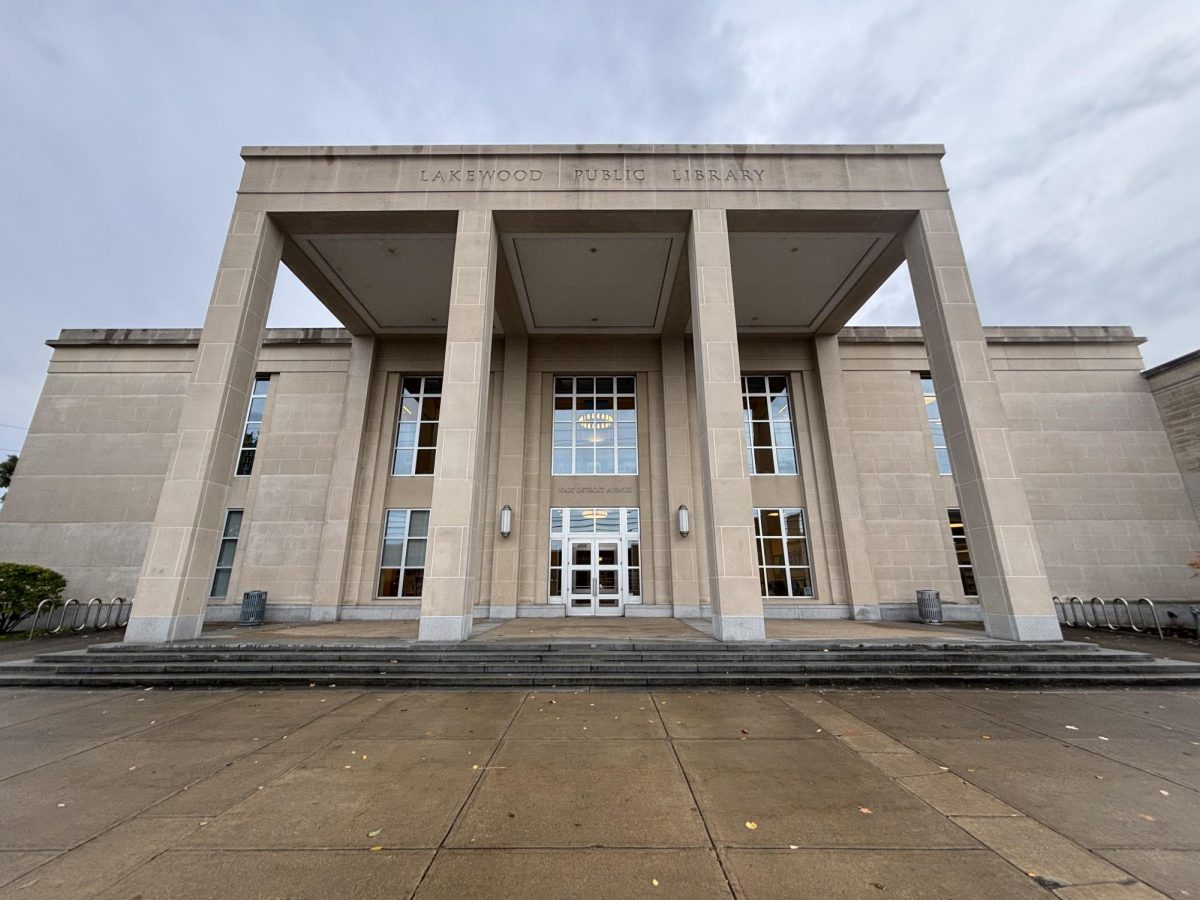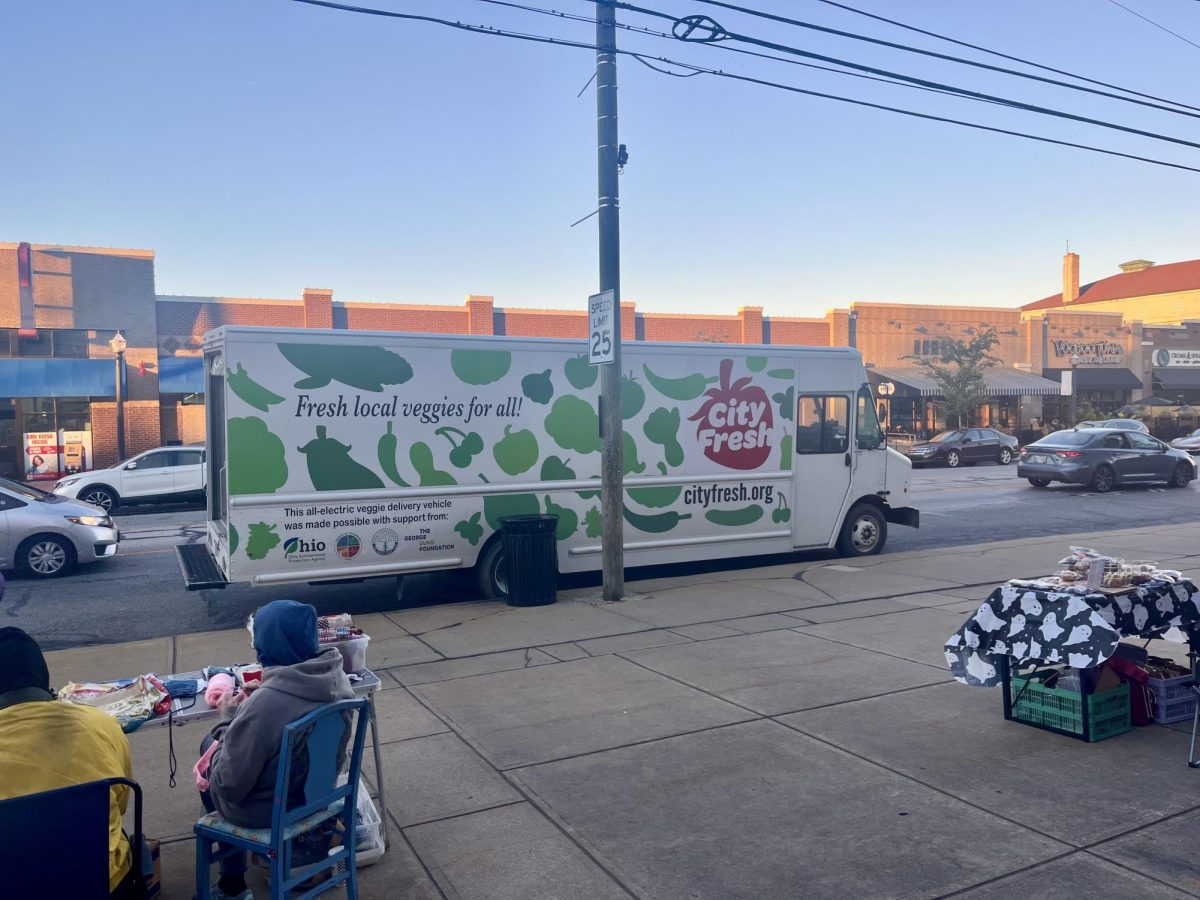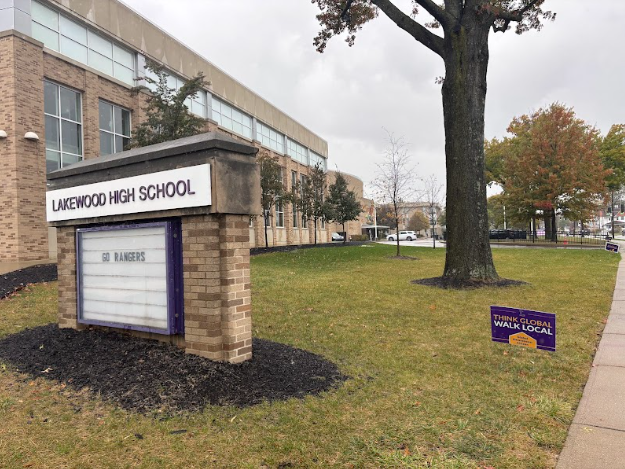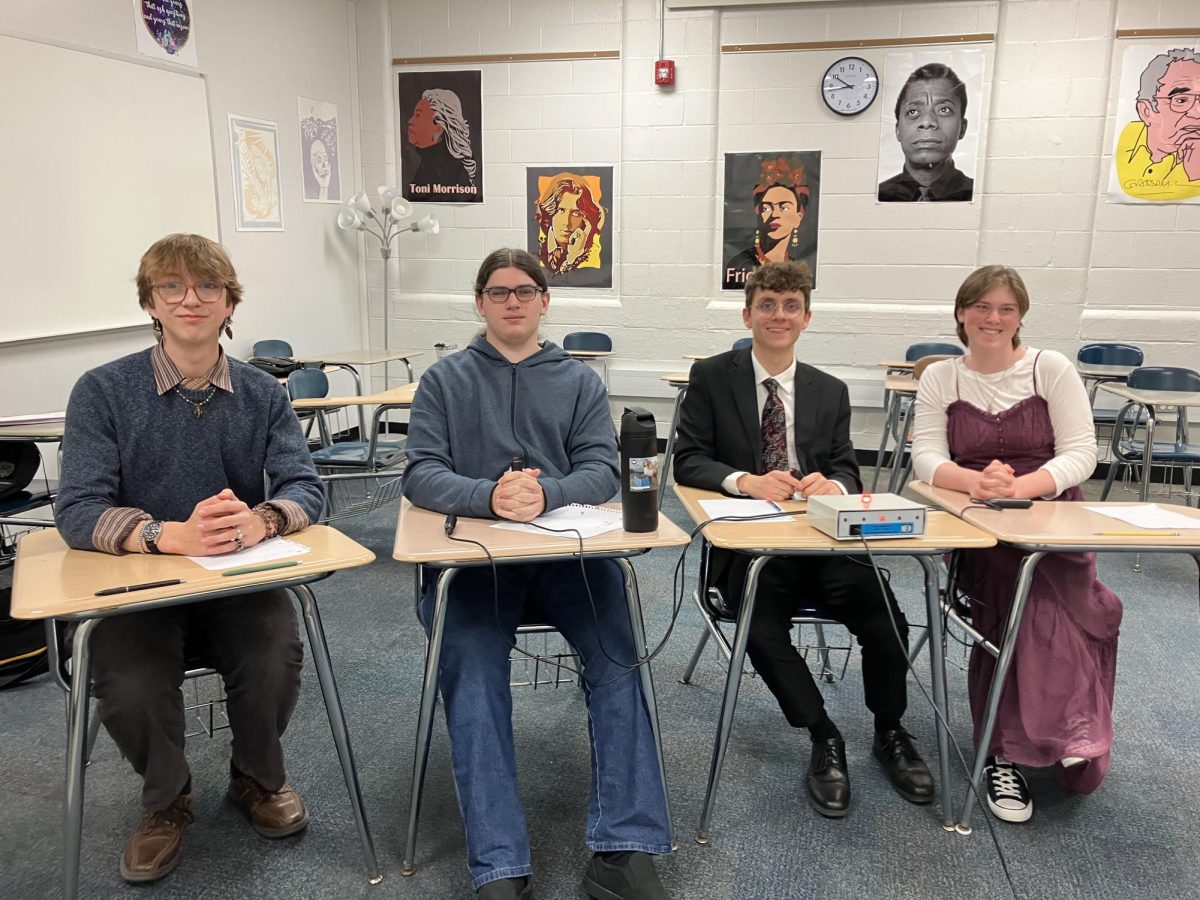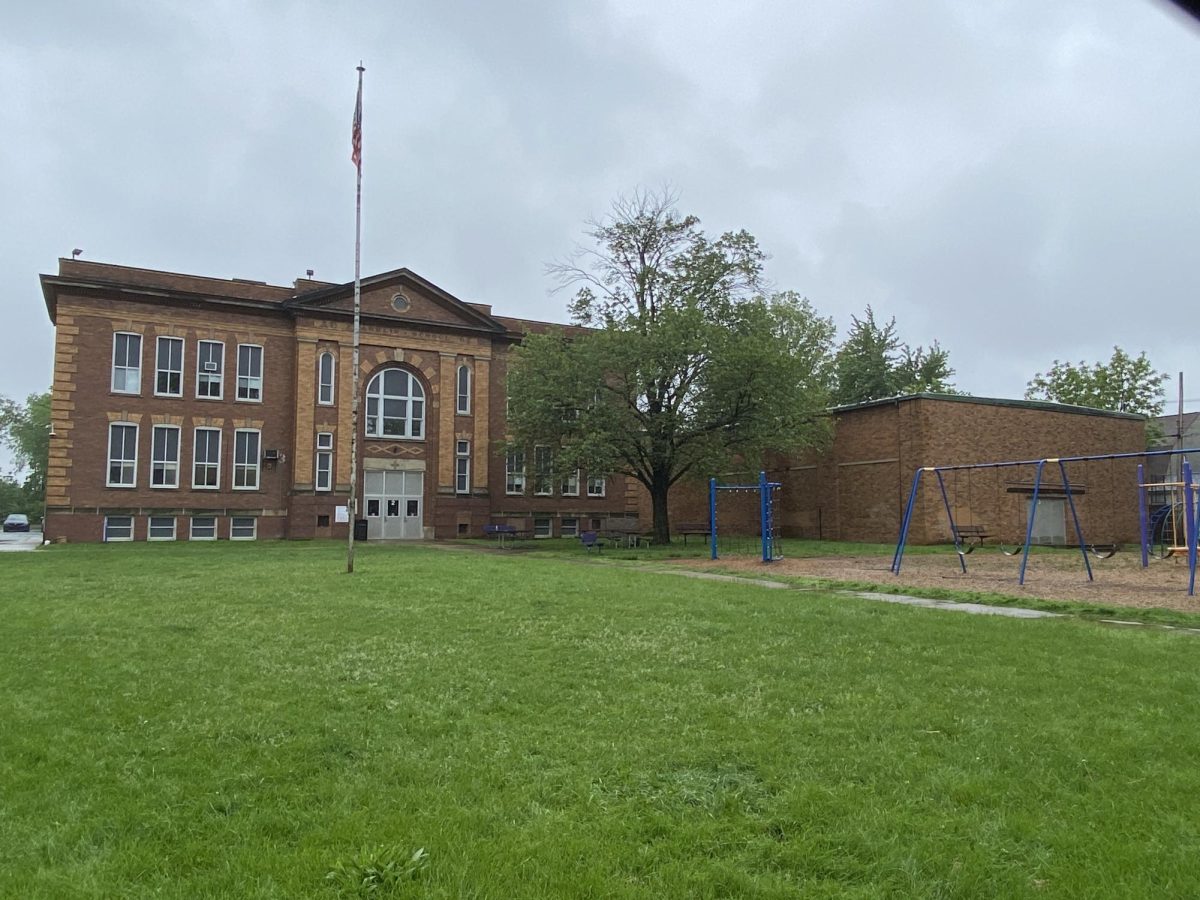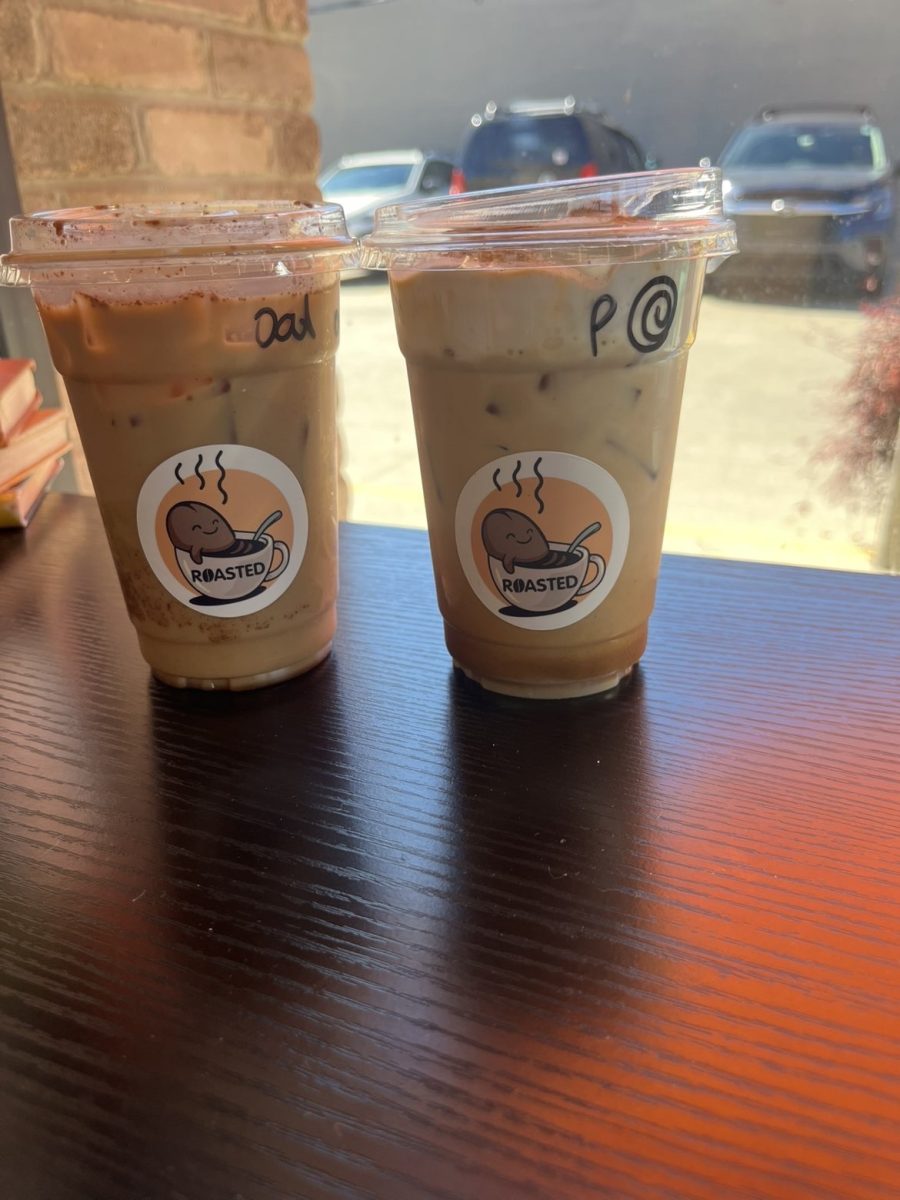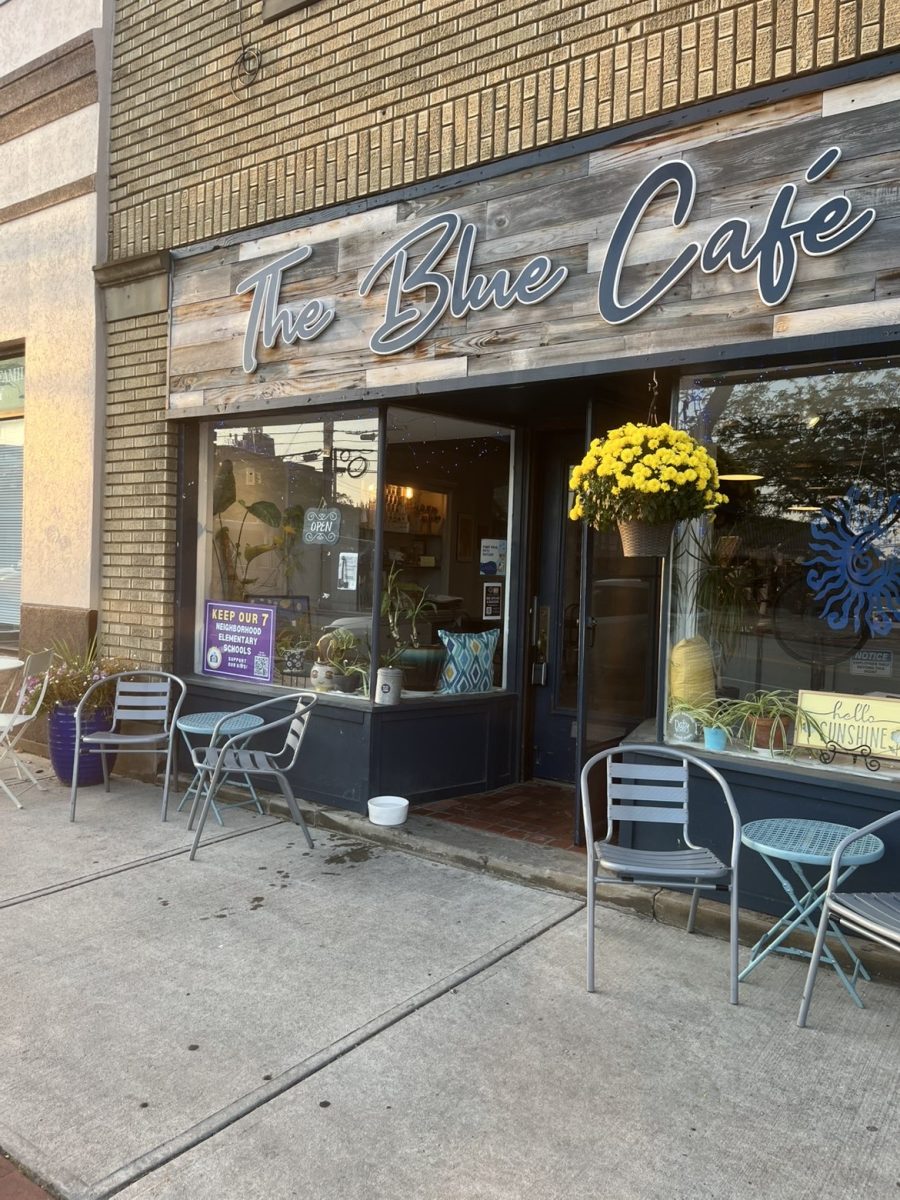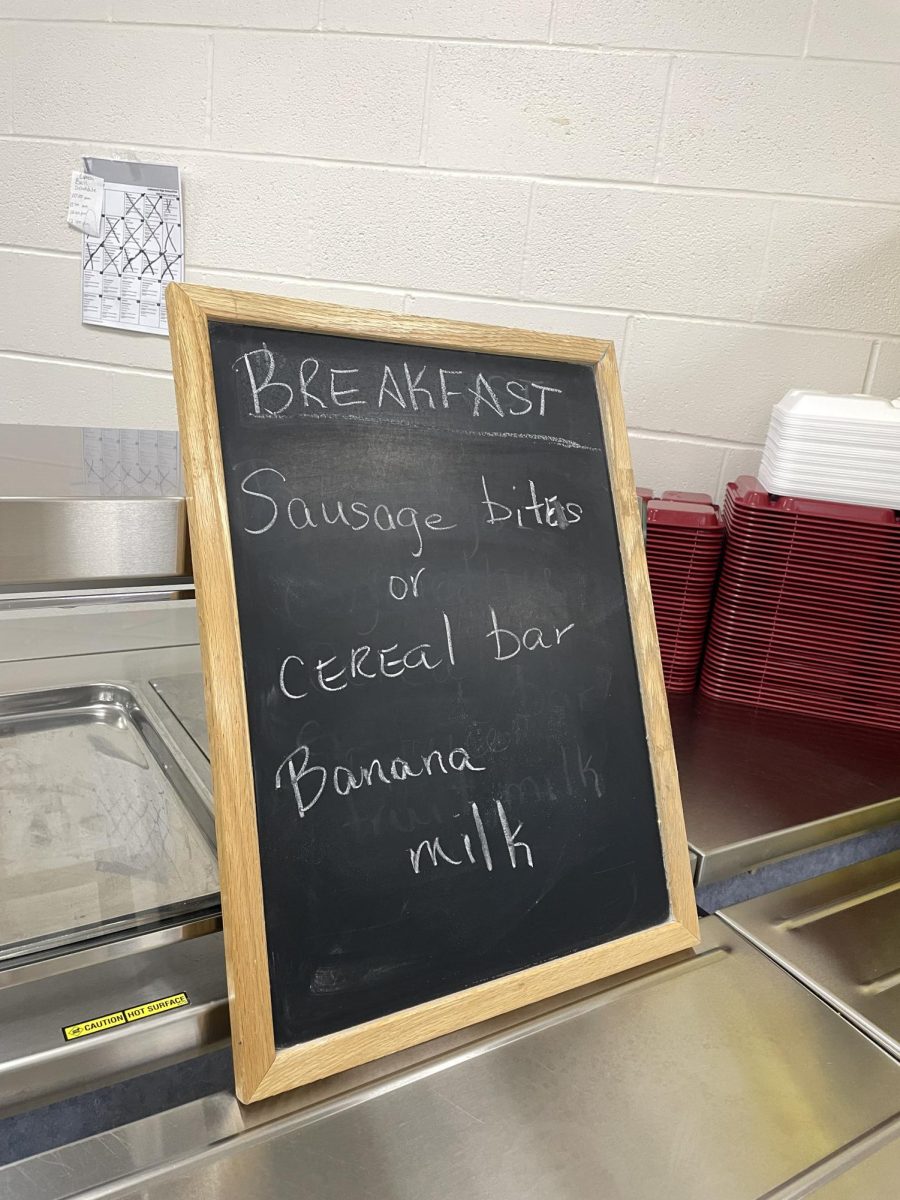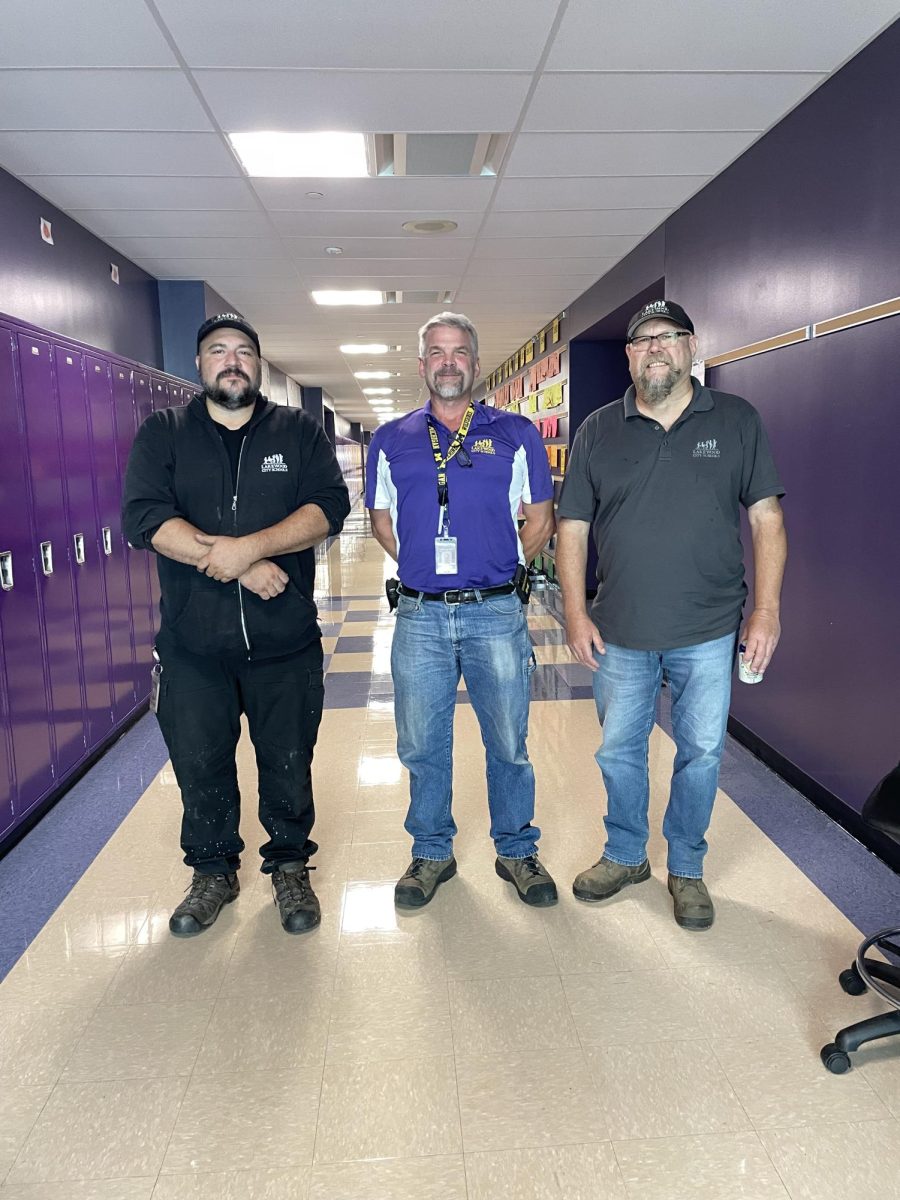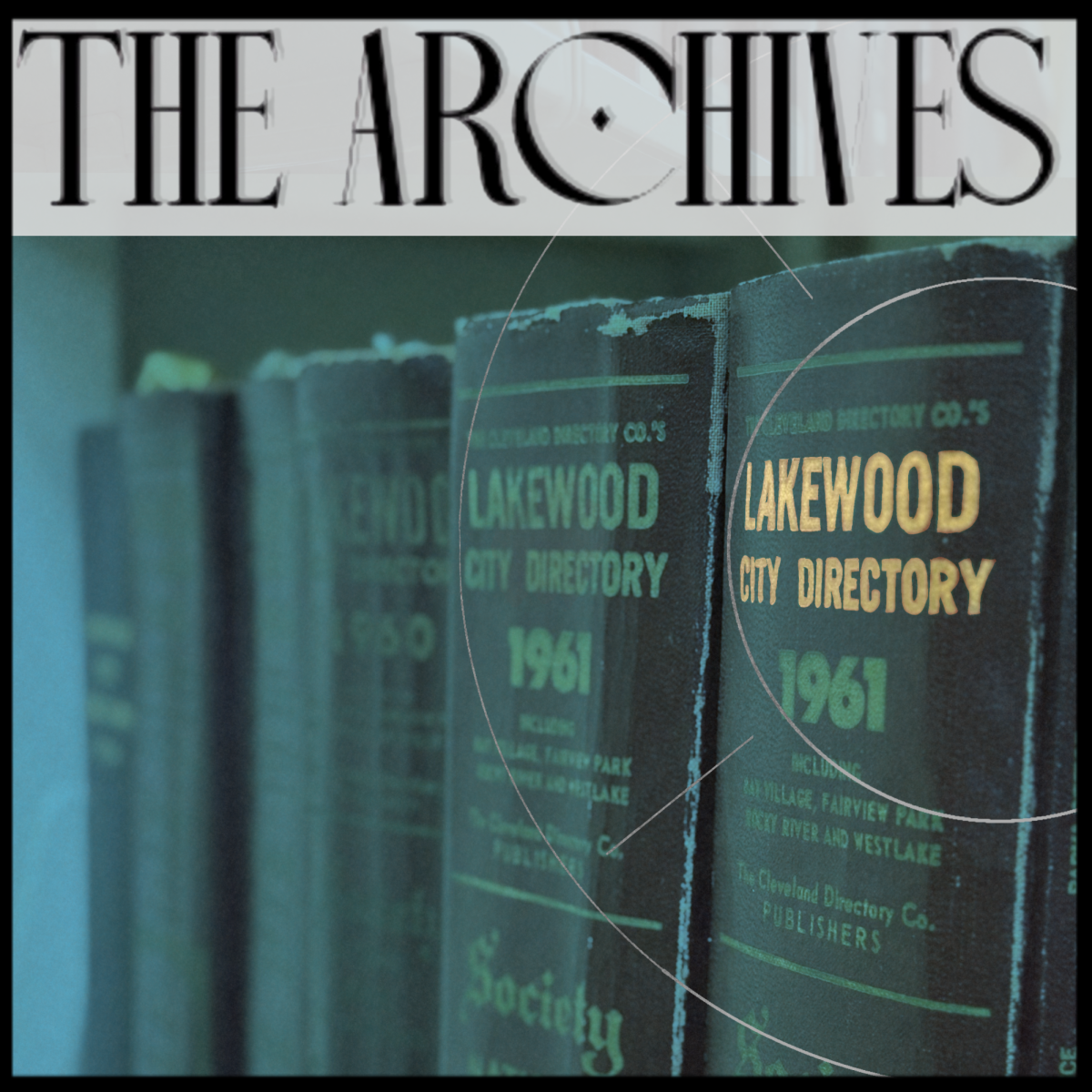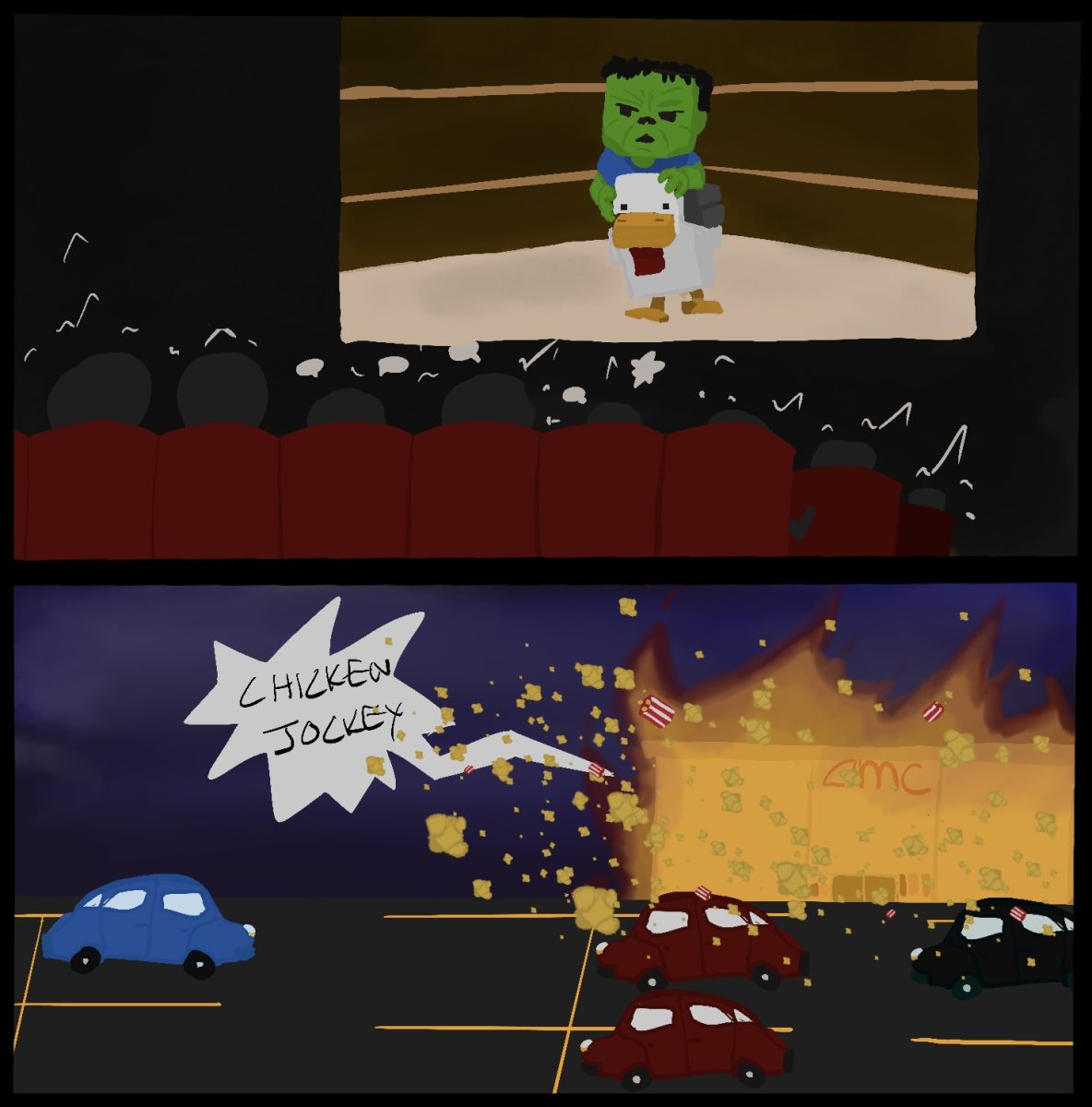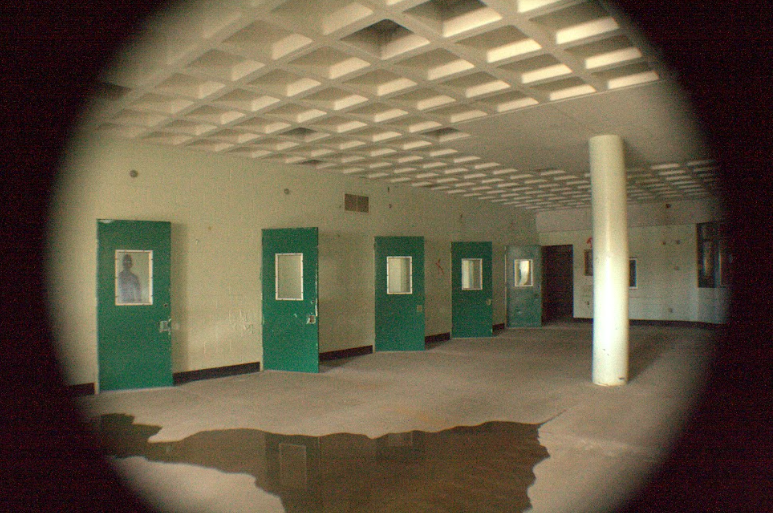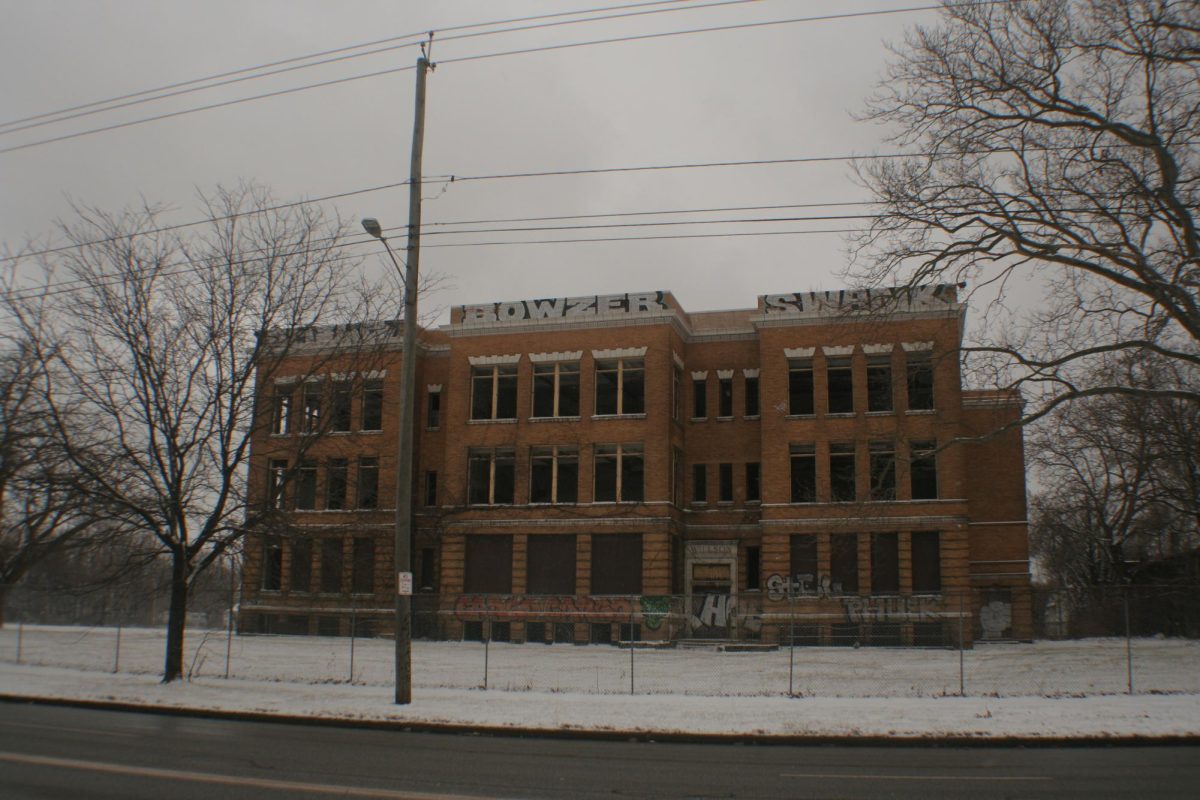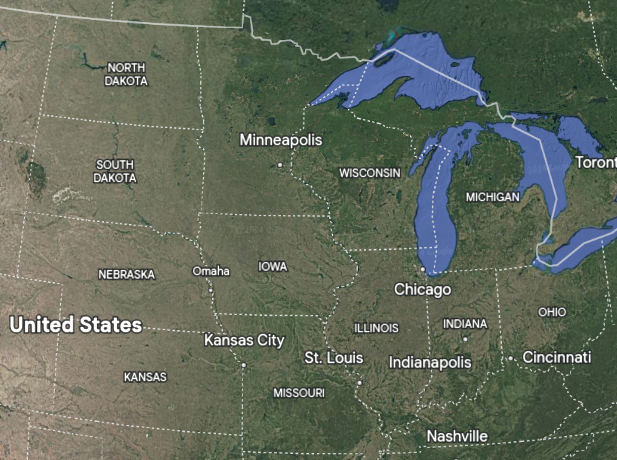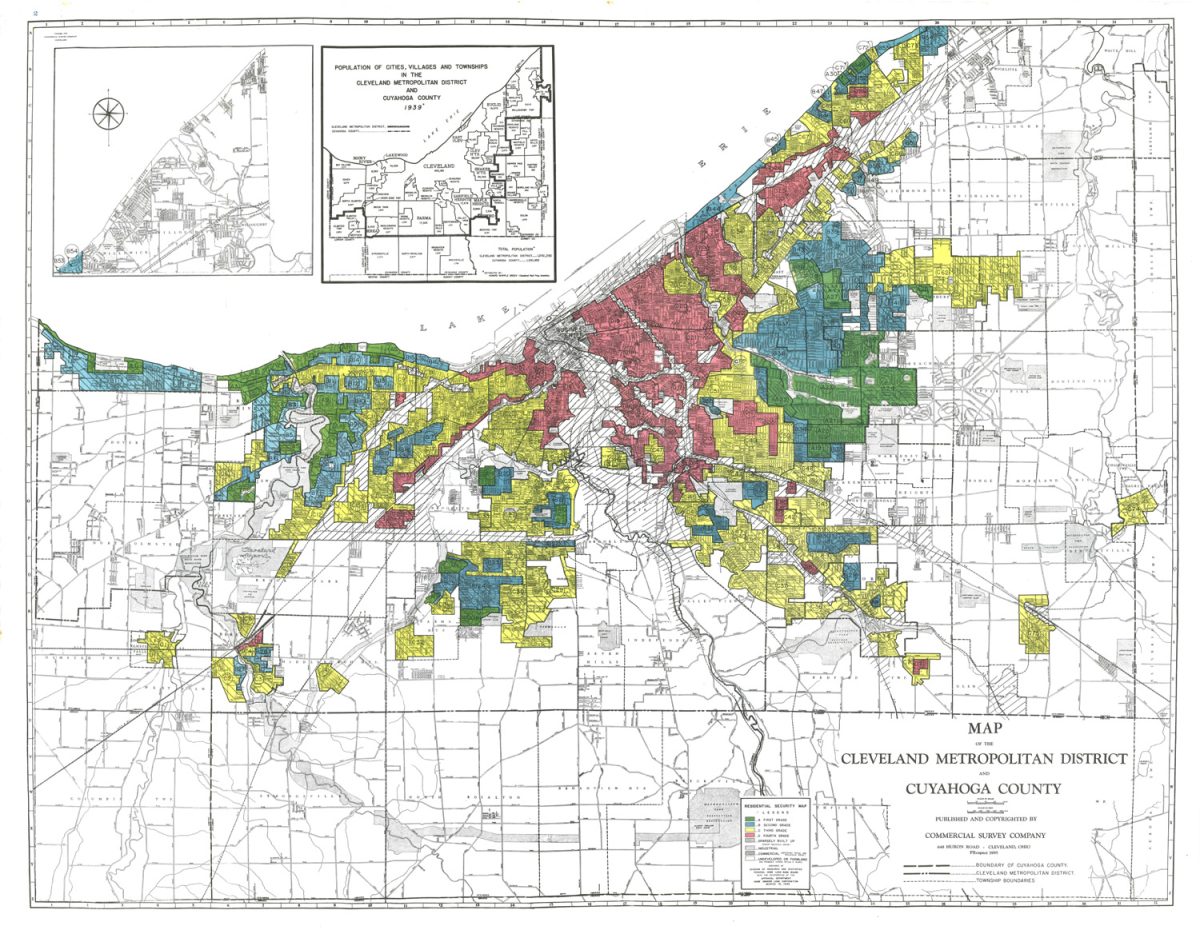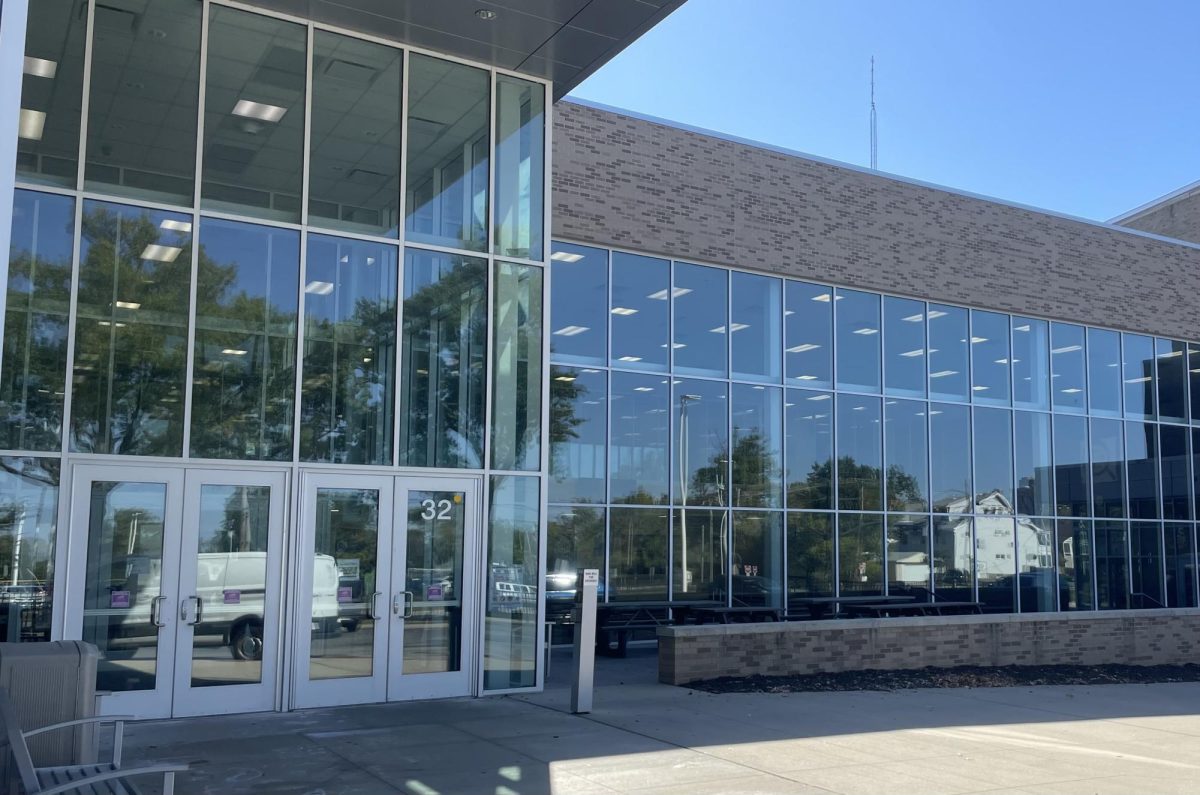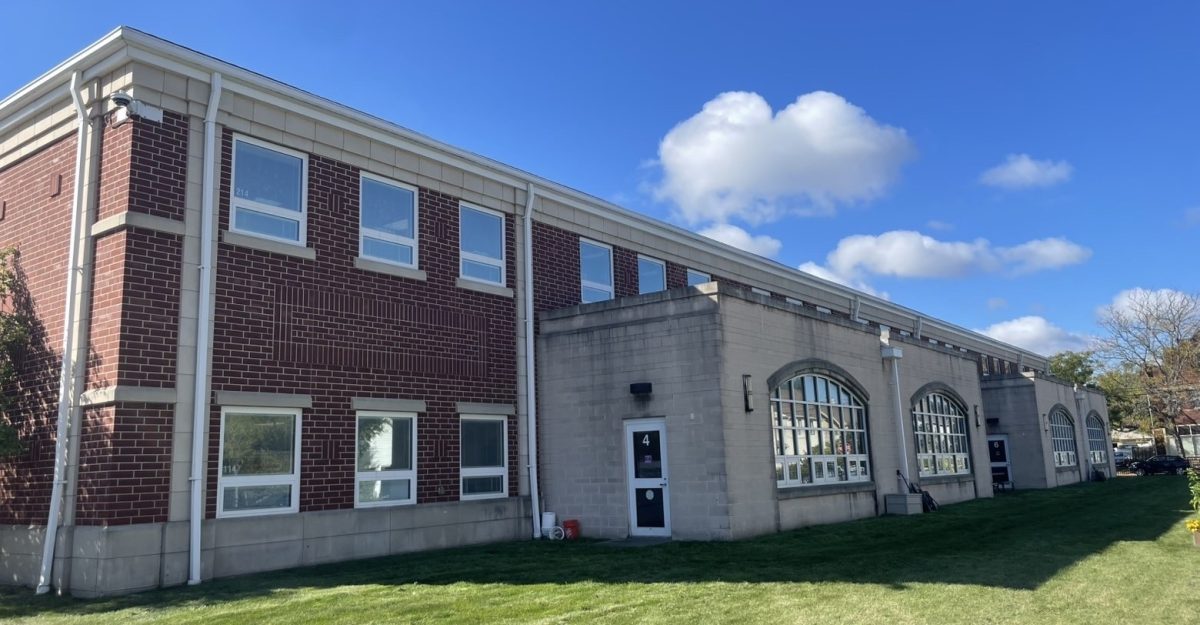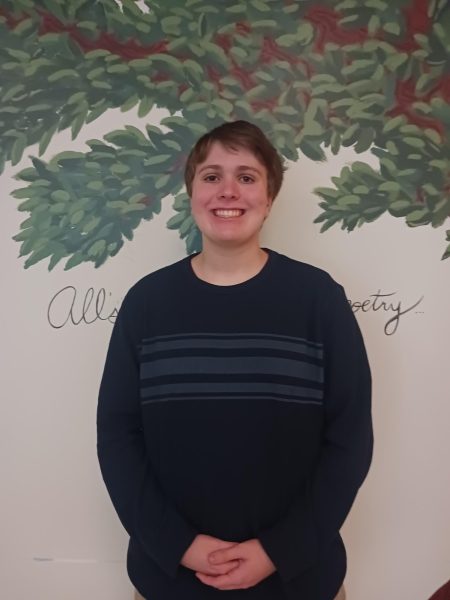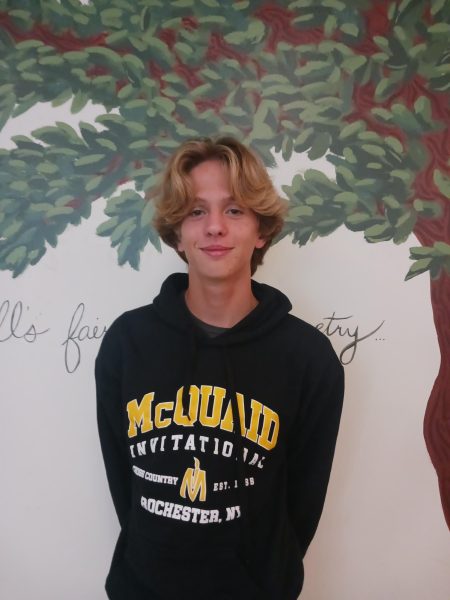At the most recent district event on September 29, parents, teachers, and community members alike were able to share their opinions about the district’s upcoming decision to potentially repurpose an elementary school. The public was allowed to present their views and contribute to Superintendent Niedzwiecki’s recommendations, which will be shared with the board on Oct. 6.
“The wonderful thing is that the community is involved, and that’s always what we want,” school board President Nora Katzenberger said. “We have had a lot of other responses and a lot of ways to gather other kinds of responses.”
Over the past year, there has been a serious push in some parts of the district to repurpose an elementary school. This effort is supported by data, including declining student enrollment and population trends. Lincoln Elementary, Grant Elementary, and Roosevelt Elementary are potential schools that may be reconfigured. Only one is expected to undergo these changes if the decision is approved on Oct. 20.
The conflict is divided between two main groups. One supports repurposing an elementary school, citing decreased enrollment, building capacity data, and the need for a centralized preschool. The other, Preserve Lakewood Schools, a parent and community advocacy group, opposes the plan, arguing that the district’s data is unfounded and that repurposing the school would significantly impact traffic, education, and walkability in Lakewood.
This community meeting was the final opportunity for the community to share their values and beliefs before Superintendent Niedzwiecki presents her recommendation at the next board meeting on Oct. 6. All opinions shared during this meeting were digitally recorded to inform the superintendent’s proposal.
“I hope we get to hear and see a lot of different views,” local Grant parent Mary Pigott said. “And the people who are invested have thought about the entire scope of the situation and are thinking about everybody in the district.”
The community meeting started promptly at 6:30 p.m. Fifteen minutes before the start, it was clear that turnout was high. Nearly 200 members of the public were present and ready to share their opinions on the issue.
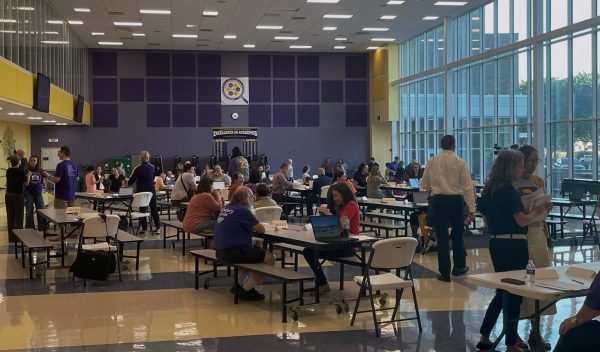
School officials began the meeting by expressing their gratitude for the community coming together to discuss this issue. The Superintendent then explained how the information would be collected and shared with the group. Twenty-one tables with six to eight members of the public each, plus one speaker per table, would take a poll, converse with their group, and gather a consensus to share with all other tables.
After the opening statement, the tables got right to work on taking a short poll in order to gather cohesive data for the recommendation. The poll included five questions, which were later digitally collected and shared with the entire meeting.
The first question was: “What are a few things you think Lakewood City Schools does well?” Participants were able to discuss their thoughts at their tables and upload their one-word answers into a Word Cloud. The most prevalent answers included words such as walkability, great teachers, community, neighborhood schools, music department, and diverse program offerings. Overall, the community believes the strengths of Lakewood Schools lie in these areas.
“I think Lakewood is a community of communities in that we have these micro communities, and these schools are the hubs for those micro communities,” local parent Lauren-Bauman said. “A lot of us have met from walking to our schools, from being part of a smaller school, so that you can get to know everyone. That is such a strength.”
The second question was: “What are some of the biggest challenges facing Lakewood City Schools right now?” After the discussion, the answers on the Word Cloud included enrollment, funding, closing a school, vouchers, mistrust, and communication. The main issues identified were money and communication with the school district.
“I think it’s being driven by a lot of other factors, but one of them is not listening to the community,” Herzak-Bauman said.
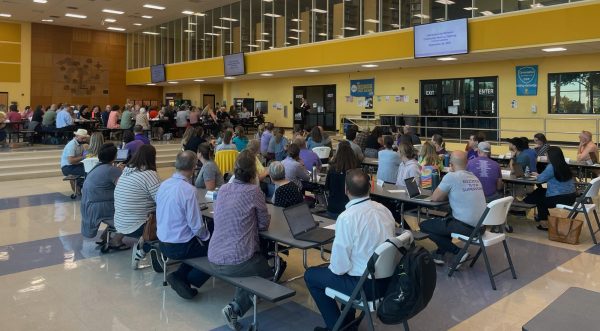
For questions three and four, participants deliberated on each, but a representative shared the group’s consensus for both questions at the same time.
Question three was: “There are a few approaches to address decreased enrollment and increased building costs being discussed, repurposing an elementary school or redistricting. What are some of the benefits and the drawbacks of each option?”
Question four was: “What other approaches should the district consider to address decreased enrollment?”
After the tables discussed their answers, they reached an agreement for the representatives at each table to share with everyone.
Table 21’s representative said, “With redistricting, there can be safe lines and safe paths to have safe crossing guards, and kids to school safely. The cons of redistricting: we felt that people might have to move, perhaps, or not, or aren’t sure.”
Question five was a private discussion that was not shared publicly. The question was: “If the decision is made to move forward with repurposing an elementary school, what would you need to be in place to help your children transition (or students in general) from one building to another?”
After question five was recorded into the system, the meeting was adjourned and dismissed. The officials who attended this meeting noted their appreciation for the level of commitment parents put into attending that night.
Overall, this meeting allowed the community to express its concerns to the school board. It was a way to bring the community together, help attendees understand the situation, and provide an opportunity for feedback.
The superintendent is planning to share her information and recommendations regarding the elementary schools during the next school board meeting on Oct. 6.
“Lakewood is, as a whole, a wonderful community, and we want to preserve our community and its values,” President Katzenberger said. “For all of our kids here now, but also for generations.”

